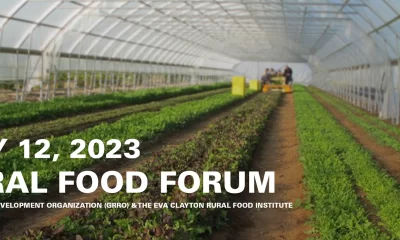Local
OP-ED: Investment in Small and Future Farmers Essential to Healthy Food and Healthy Rural Communities
We must continue to press forward in our rural communities to ensure equitable care and access to nutritious food.
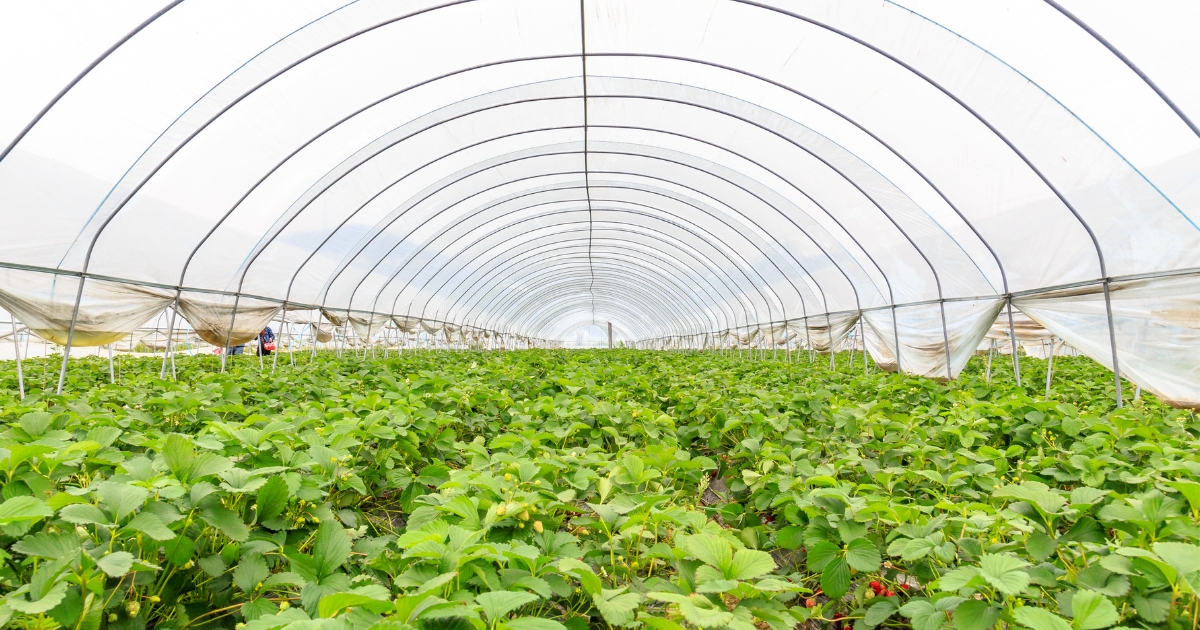
As the first African-American woman elected to Congress from North Carolina, I served for 10 years in positions on the House Agriculture Committee and as the ranking member of the Operations Oversight, Nutrition, and Forestry Subcommittees. Combined with my subsequent tenure as the Assistant Director General of the Food and Agriculture Organization of the UN, I understand the critical need for investment in small and future farmers, and how connected their growth and ability to thrive is to healthy food, healthy people, and robust rural communities.
There is an old saying that “we are what we eat.” Health professionals recommend eating healthy food to prevent and control diseases like diabetes, hypertension, and heart conditions. Additionally, when food is sold locally, it is fresher. Some health professionals have recently promoted food as medicine.
However, food insecurity is a fundamental problem in the United States, including North Carolina. Those of us living in rural America know that our health indicators, including food insecurity, are challenging and that our rural economy could be far improved. Food insecurity is both a health and economic condition. Access to healthy and nutritious food, a good environment, and healthy rural communities are tied to the survival and growth of small and future farmers. And investing in small and future farmers can benefit our rural economy.
While small farms contribute greatly to local food production and rural economies, they have historically received fewer resources, access to appropriate scaled information and technology, and investment from federal and state programs. This is disproportionately even greater among farmers of color.
Our nation is rapidly losing farmland and farmers, who are getting older (average age greater than 58 years old) and going out of business. North Carolina is currently tied for first in farm loss in the US. Farm families are middle-sized or small; the latter need help to make a profit or break even and must supplement the family income by working outside the farm. Black farmers have suffered the most significant number of lost farms due partly to proven discrimination.

Food insecurity is both a health and economic condition.
We should be attracting and investing in new farmers if we are to have a strong farming system going forward. To grow and sell healthier food locally, we must support and increase the number of small farms, especially minority and female farmers. We must redesign our food systems to be resilient and serve all people in our community, especially the most vulnerable. We can do this through establishing networks and infrastructure linking our public schools, childcare and senior care facilities, local farmers, extension services, hospitals and health professionals, community colleges, and food stores.
The Farm Bill allows for more fundamental changes, however there are improvements we can do now. We should take the following steps to expand existing programs and make them more effective:
- Increase federal and state government financial and technical support to small farmers to help them purchase land, buy equipment to grow healthy food, and sell locally. Fulfill legislative commitment to distress and minority farmers for debt relief under the Inflation Act of 2022.
- Expand the Farm to School programs to promote the value of nutritious, healthy and local food and create an interest in farming among our children. Provide incentives and assistance to school systems to develop these programs.
- Provide more money per meal for school lunches and include fresh vegetables and fruits and local food when possible. Consider modifying the Farm Bill to provide universal meals to all students as we provide books. Supplemental summer feeding programs need to be expanded that extend beyond the school year.
- Revisit, evaluate, and invest in the “Future Farmers of America”. Expand agricultural education programs, especially those focused on sustainability, with similar focus, coordination, imagination, and resources as the STEM program in schools.
- Provide needed support supply chain infrastructure, and farmer and business training needed to grow local food systems. While recent programs supporting local food procurement we must also focus on the infrastructure and training investments in food hubs, infrastructure and farmer support if these local food systems are to be resilient and sustainable.
I know we have the capacity to make these positive changes in our food system and there are many farmers, community leaders, university partners and rural communities working collectively to do this but they also need the policies and support to be invested.
We must continue to press forward in our rural communities to ensure equitable care and access to nutritious food. We launched the Rural Food Institute with a vision to share knowledge, resources and bring others to the table to ensure a healthier rural NC together.
One of the key takeaways from the recent Rural Food Forum held at Vance-Granville Community College sponsored by the Green Rural Redevelopment Organization and the Eva Clayton Rural Food Institute was how critical small farmers are to the goals of making healthy food accessible to rural communities.
We must ensure our small farmers are receiving adequate resources, have access to information and technology, and begin to seek significant investments from federal and state programs. — EVA CLAYTON

Local
Warren County Partners Unveil Vending Machine Containing Opioid Overdose Reversal Kits
The newspaper box-style vending machine at the library is stocked with free risk reduction supplies for public use.
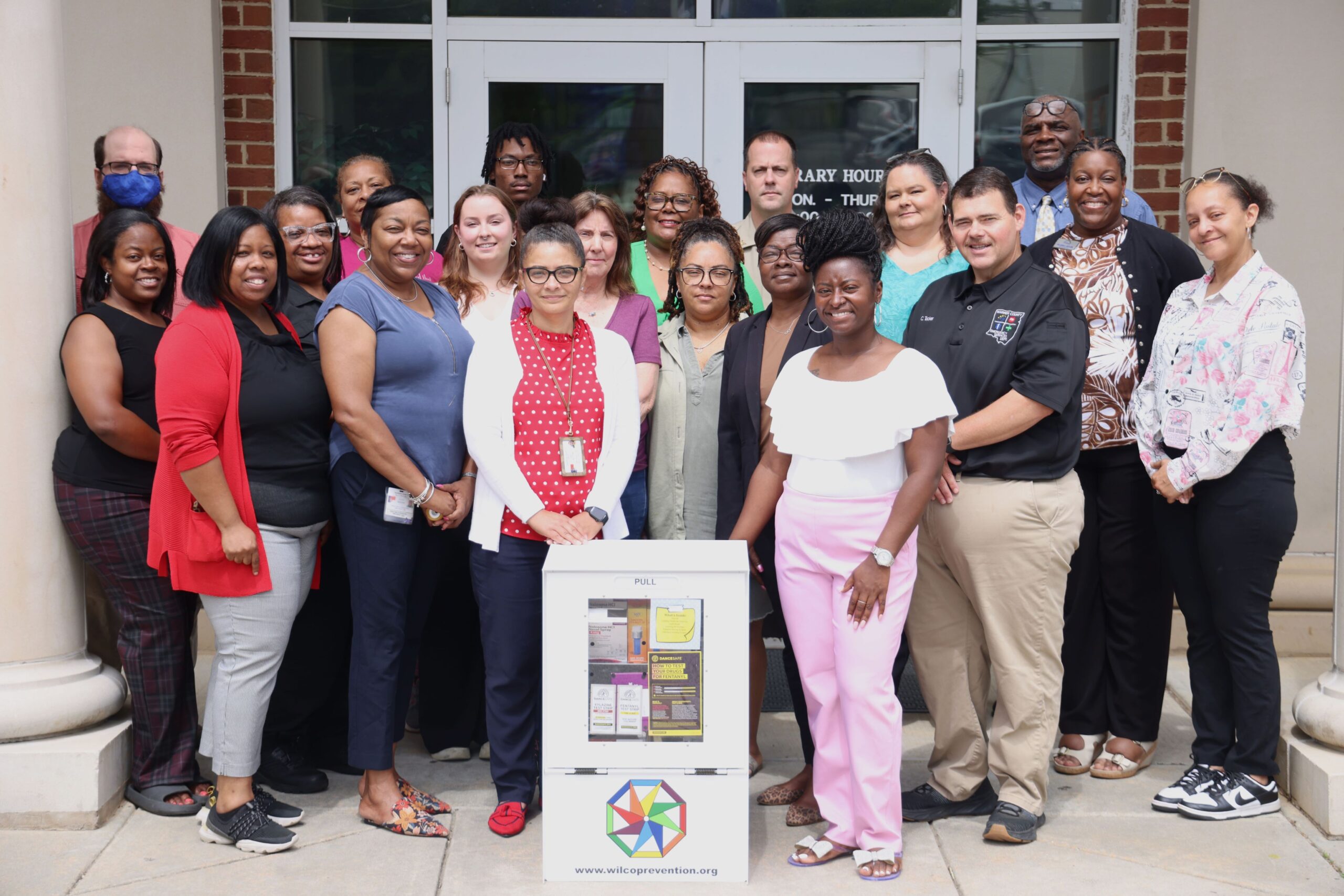
The Warren County Health Department, Warren County Memorial Library, and several local partners came together on May 29 to unveil a new public health initiative aimed at saving lives and promoting safety in the community.
The newspaper box-style vending machine at the library is stocked with FREE risk reduction supplies for public use, which include Naloxone (Narcan) – an opioid overdose reversal medication, Fentanyl/Xylazine testing strips, and medication lockboxes.
Watch this video to learn more about this countywide initiative to combat the opioid crisis.
Local
PHOTOS: Celebrating Warren County 2025
Several local residents received special recognition at the inaugural event.
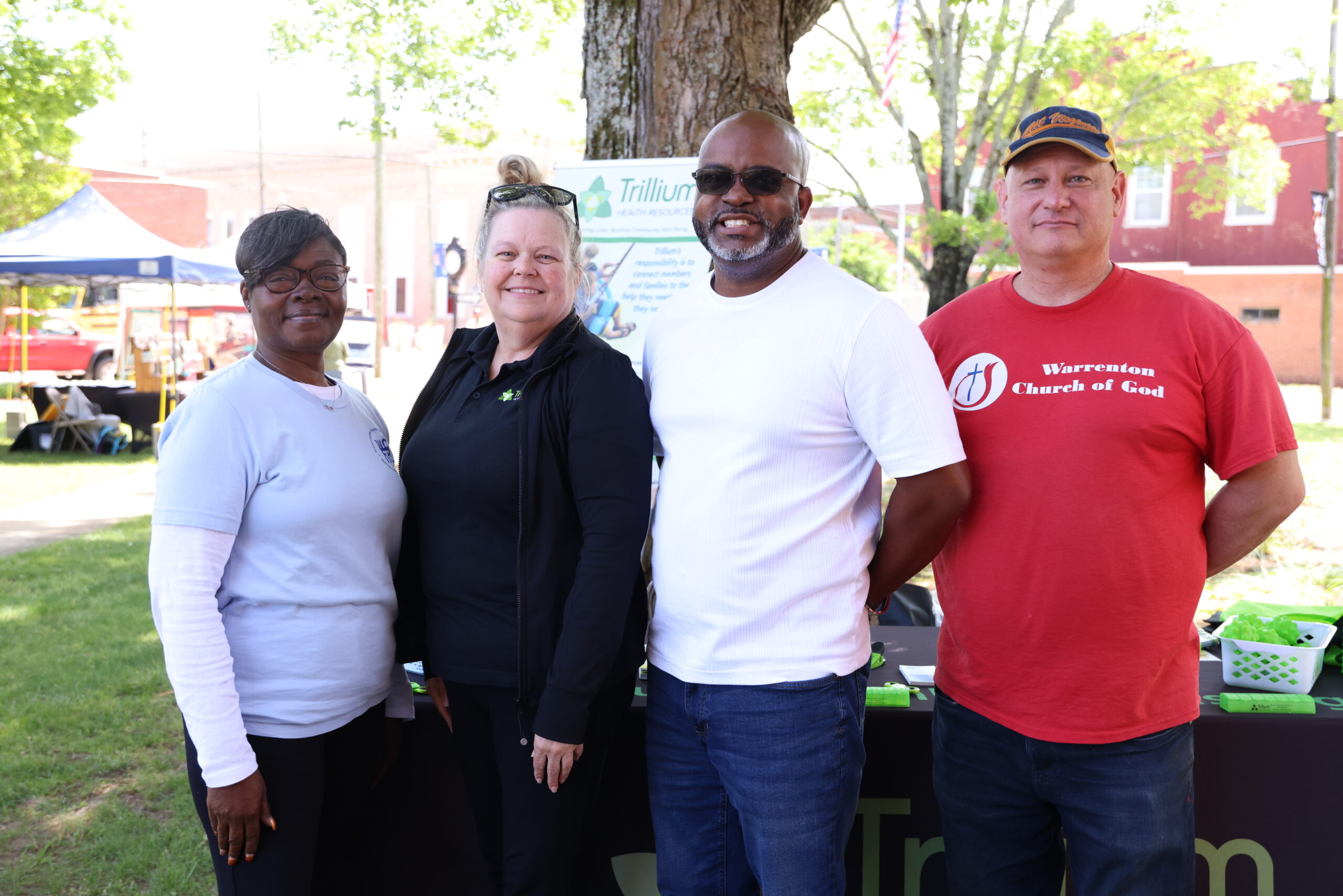
Hosted by the Warrenton Church of God, the inaugural Celebrating Warren County festival on Saturday, May 10, embraced an understanding and appreciation of fellowship and community involvement.
Emceed by Pastor Phillip Sharp, attendees gathered on the Courthouse Square, and shopped with local vendors, received helpful info from such resources as the Warren County Health Department and Trillium Health Resources, enjoyed live entertainment, and with a ticket, were given a free meal courtesy of Rachel’s Whistle Stop in Norlina.
Local resident, Alexis Henderson received special recognition as a Notable Citizen and for work as the founder of Sisterly Dreams (watch it here).
Anna Boyd (3rd grade) and Tinisha King (5th grade) were announced as the winners in the Why Do You Love Warren County contest and each received $50.
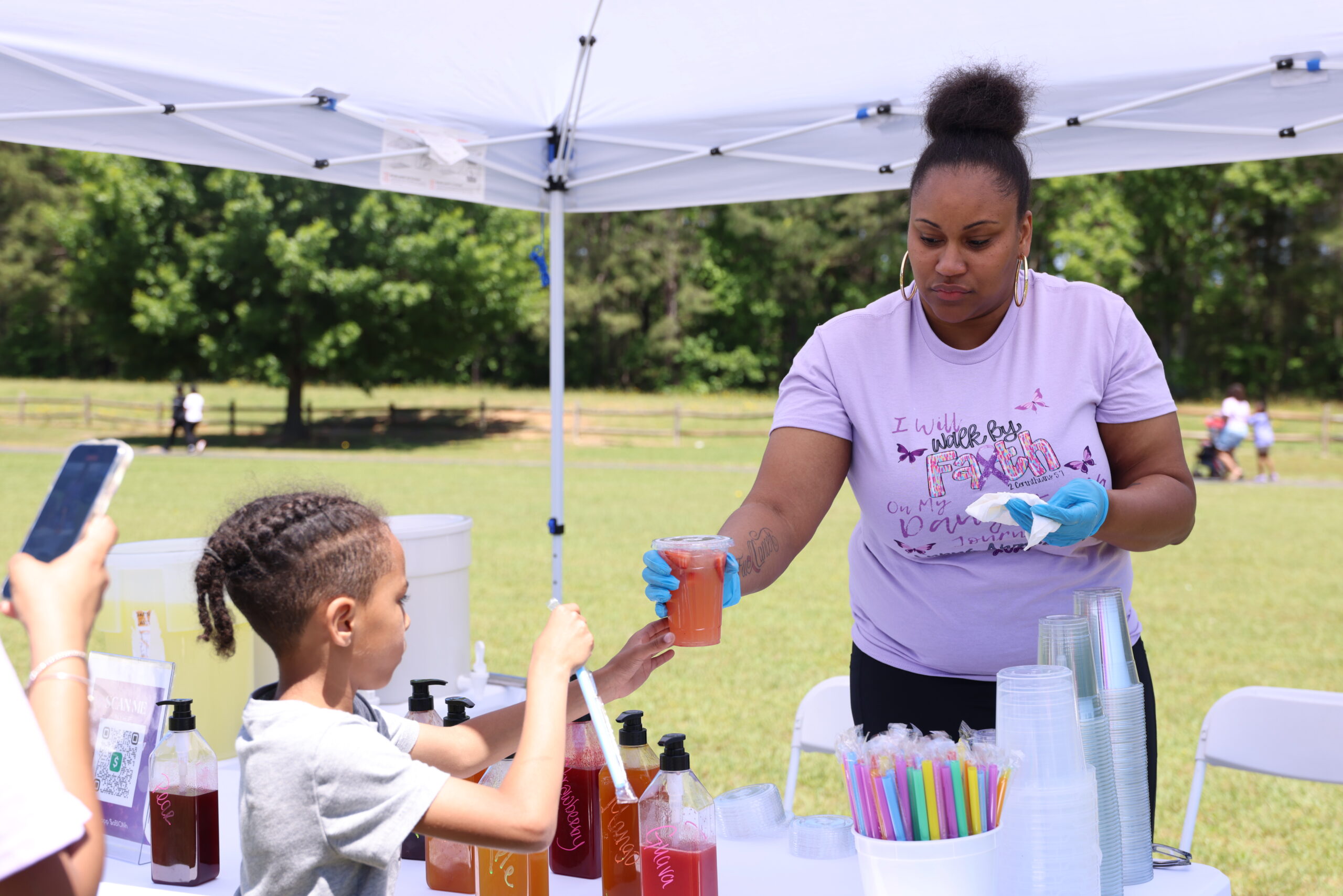
WALK BY FAITH: Lupus Awareness Walk hosted by Ariel Harrison
Saturday, May 10, 2025
Warren County Recreational Complex, Warrenton, NC
-

 Entertainment8 months ago
Entertainment8 months agoPHOTOS: DubFest 2024
-

 Education8 months ago
Education8 months agoALL SMILES: Dr. Carol Montague-Davis Meet + Greet (Photos)
-

 Entertainment10 months ago
Entertainment10 months agoPHOTOS: Jazz on the Farm @ Heritage Cultural Farm
-

 Local8 months ago
Local8 months agoEAGLE PRIDE: WCHS Meet + Greet 2024 (Photos)
-
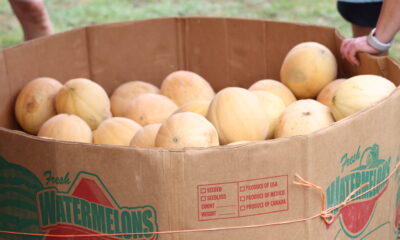
 Local10 months ago
Local10 months agoPHOTOS: Ridgeway Cantaloupe Festival 2024
-

 Local8 months ago
Local8 months agoPHOTOS: Soul City Homecoming 2024
-
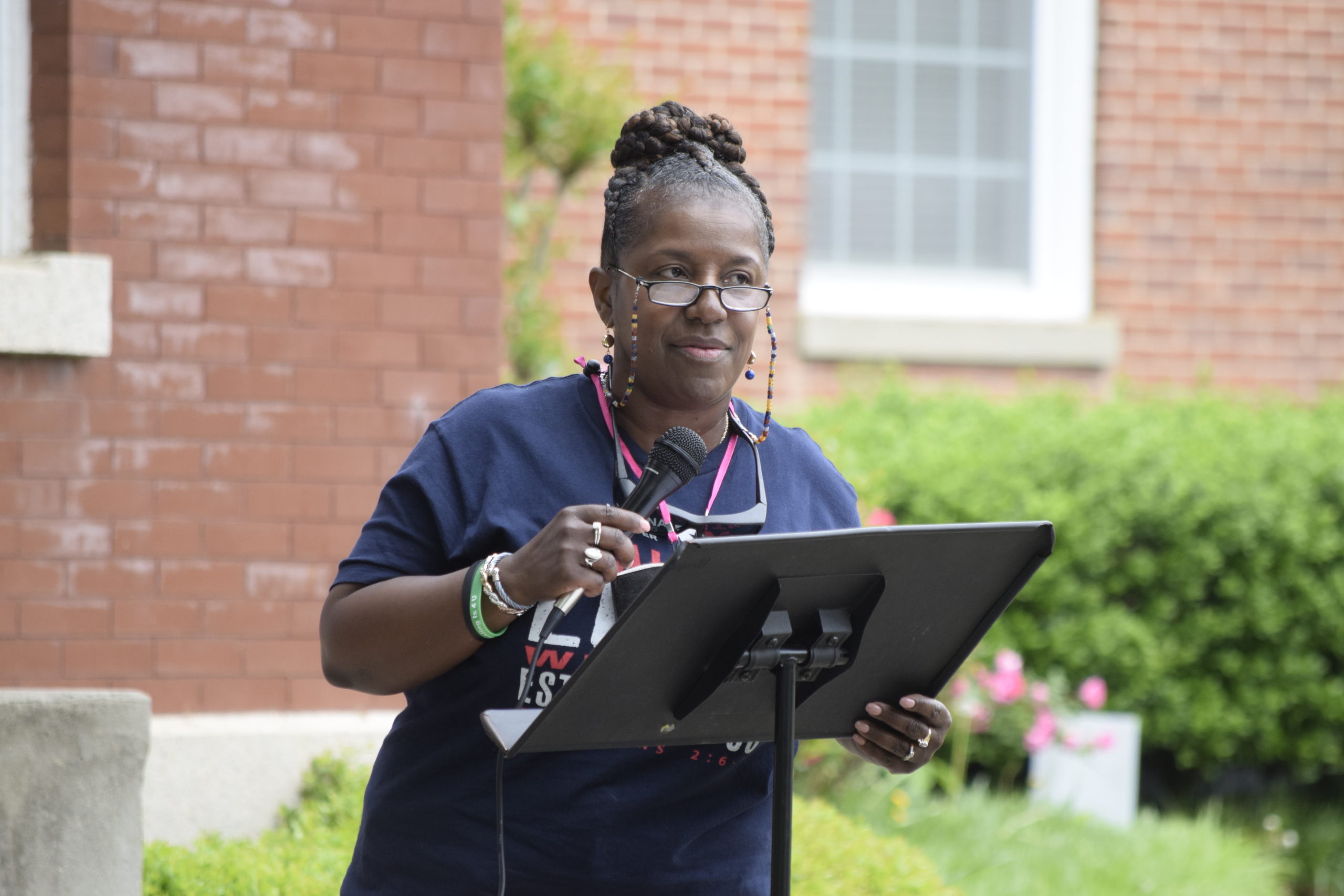
 Community3 years ago
Community3 years agoPHOTOS: National Day of Prayer 🙏
-

 Local9 months ago
Local9 months agoPHOTOS: 3rd Annual Dinner Off Main


